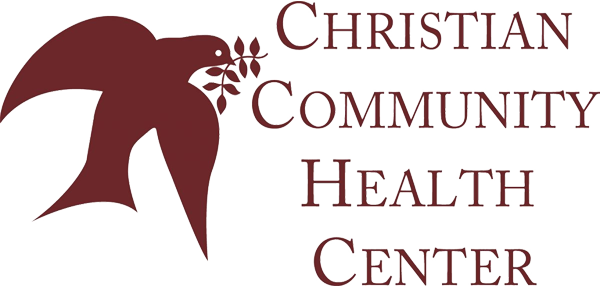It’s A Human Problem
Despite the fact that mental health is a people issue, some communities still believe that it’s a them problem. True, the faces of mental illness typically exclude people of color in the media and rarely are they included in the discussion of mental health. The National Alliance on Mental Illness (NAMI) says that 1 in 5 adults in the US experience mental illness. How often does the news mention that mental illness could be a factor to why a black person acted violently compared to a white person?
The US Department of Health and Human Services Office of Minority Health reports that African Americans are less likely than White people to seek mental health treatment even though their reports of mental illness are higher than White people. NAMI states that only 20% of the Latinx community with psychological disorder symptoms talk to a doctor and only 10% contact a mental health specialist. Typically, racial minorities rely on friends, family, or church leaders for help. This is not necessarily a bad option, but there are some conditions only professionals can properly recognize and treat. However, fear of appearing weak or vulnerable, lack of trust, and/or access to providers who look like them, causes barriers to care.
CCHC knows that finding help can be hard but it doesn’t have to be impossible. We recognize that behavioral health is an integral part of one’s overall health. We provide behavioral health services regardless of race, sex, gender, sexual orientation, or religion. Not only will our clinicians understand your physical or mental health needs, but your cultural needs as well; our team of providers come from different racial backgrounds and includes those who speak English and Spanish. If you are struggling, you don’t have to be afraid or feel alone. There’s room for you here.





